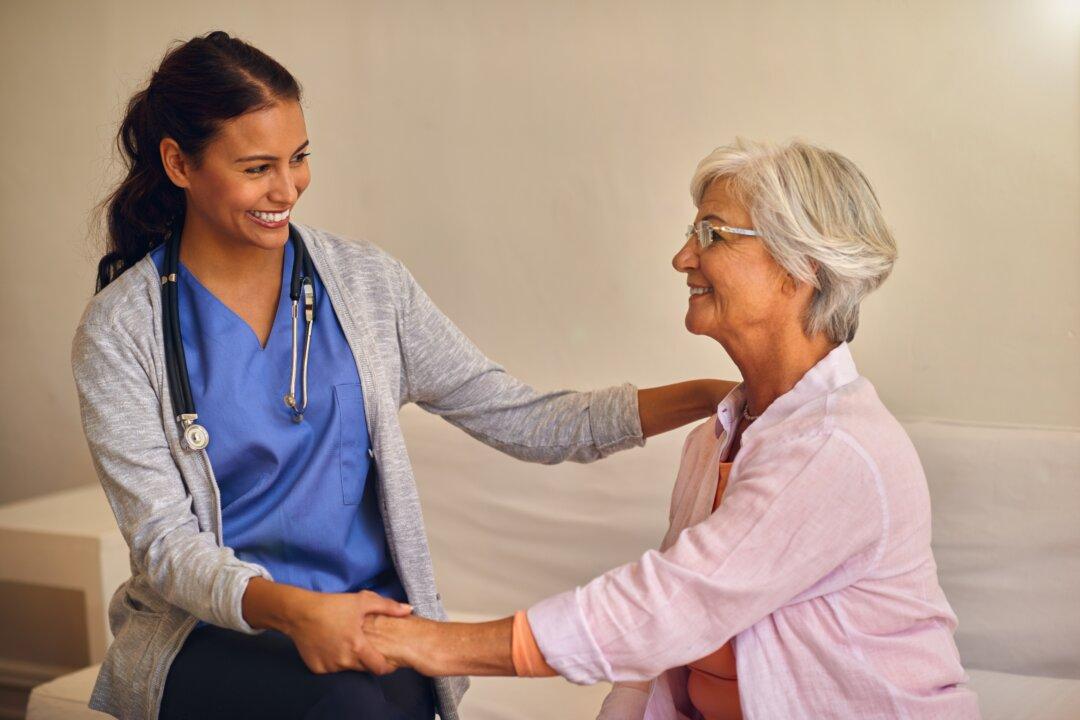It was a lazy Saturday morning, and I sat curled up on the couch with a coffee in hand. My cell phone rang, and I was surprised to see a friend’s daughter calling from the West Coast. It was 6 a.m. her time. I picked up with a little catch in my heart. I knew she wouldn’t call this early without a reason. I was right. She was very concerned about her parents and hadn’t slept well, and she knew that I would be awake.
Her parents, Frank and Sharon, like so many others, had been infected with COVID-19 in 2020. Though physically recovered from their brush with death, the fire had spread to their marriage, their relationships, and their mental health through severe post-traumatic stress disorder (PTSD), depression, anxiety, and a suicide attempt. This was the reason for her call.






